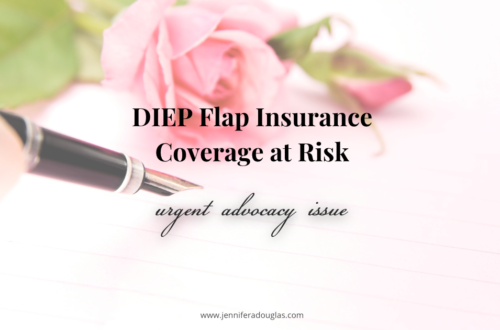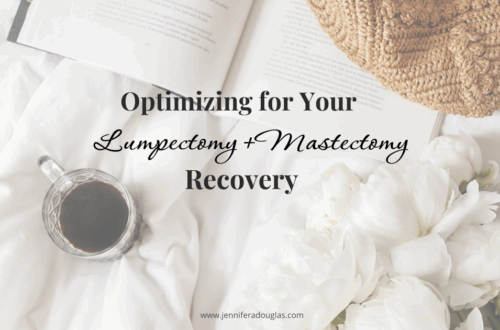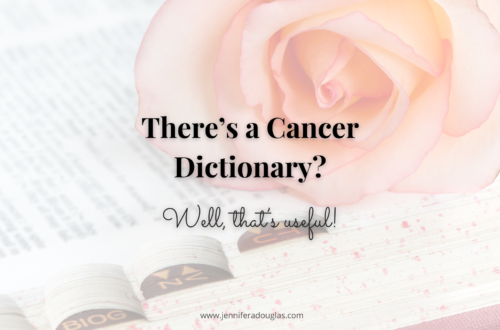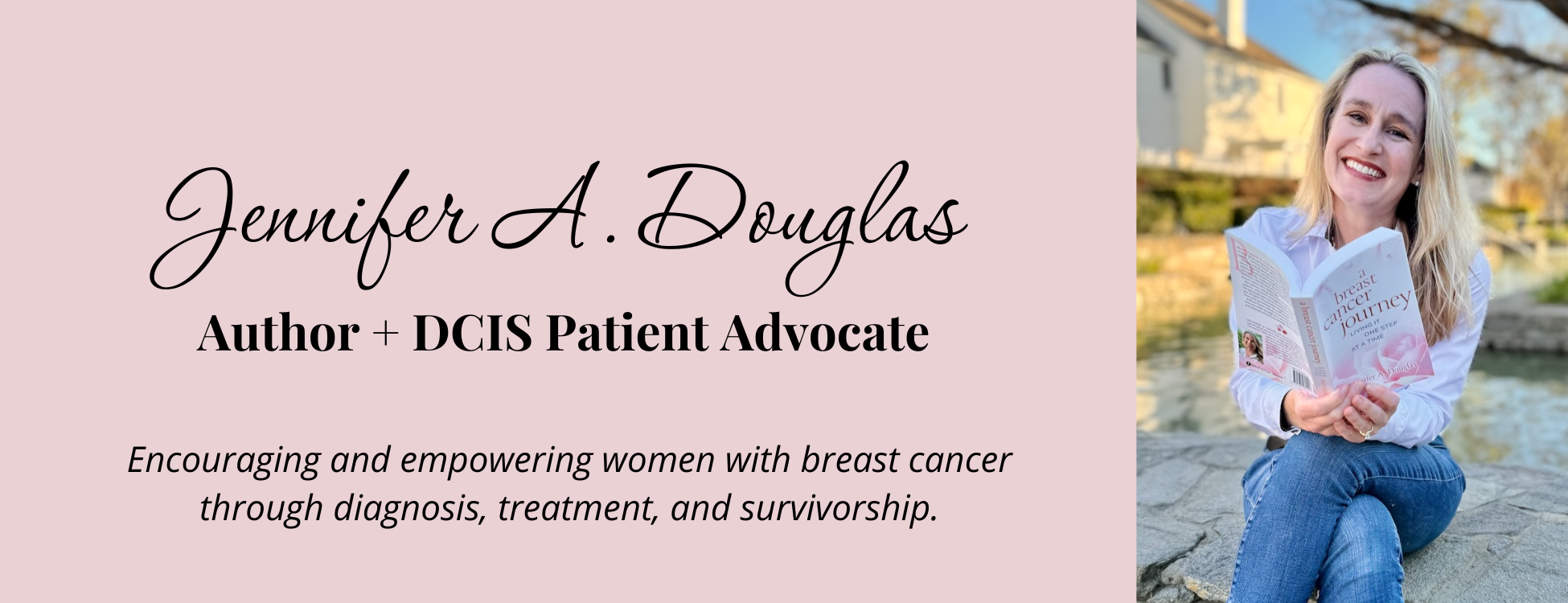
The Three Facets of Cancer Fatigue
Cancer Fatigue is so much more than just needing more sleep. Sleep doesn’t reach the depths that cancer fatigue can have. I think that cancer fatigue has three facets: Physical, Mental, and Emotional. We need to address all of these facets to care for ourselves during and after treatment.
Important Note: I am not a doctor. What you read here is my patient experience. Please consult your medical team for medical advice.
I have written about the importance of getting enough sleep at night and also about dealing with the kind of fatigue that can arise if you have a rough night of sleep.
These articles address the kinds of fatigue that we can have throughout the more normal phases of our life.
Cancer fatigue is a completely different beast.
When Did I Feel Cancer Fatigue?
After my surgery, I had radiation treatment for about 4 weeks. I remember sitting in my radiation oncologist’s office as she was going over the side effects of treatment. She mentioned that many patients experienced fatigue during treatment.
I remember thinking that I would be a little more tired than normal, but that I would just deal with it by getting more sleep.
As I began radiation treatment, I realized that this fatigue was deeper and more complex than I had experienced before.
I was so exhausted. It wasn’t just that I needed more sleep. I was completely drained. I would get to the end of dinner and my eyes would glaze over. My family would look at me, and then tell me it was time to go up to bed. It was seven o’clock at night, and I was done!
I would go upstairs, sit under blankets with a heating pad on my feet, and watch TV for about an hour or so before I’d fall asleep. Most nights I was asleep before nine.
I usually go to bed between ten and ten-thirty at night, so this was early, even for me!
My husband and kids would spend the rest of the evening playing video games or watching tv shows. I didn’t hear a thing. Once I fell asleep, I was out!
I’d wake up in the morning feeling a bit better. But then the cycle of fatigue would start over again once I started trying to do things during the day.
After radiation treatment ended, my energy gradually returned. I remember lying in bed one night at about 9 o’clock and realizing that I wasn’t tired. I got up and went back downstairs to join my family!
It was nice to have a return to my normal routine after weeks of feeling drained.
Three Facets of Cancer Fatigue
When we think about cancer fatigue, I’d like to break down the different ways that we can feel tired before, during, or after treatment.
Before we talk about that, I want to take a moment to tell you that it is completely OK to feel exhausted, drained, and fatigued during all phases of your treatment.
Please do not tell yourself that you need to tough it out when you’re tired. If you are tired, your body is telling you to slow down. Cancer treatment is tough. It is designed to kill off the cancer cells, but not destroy us. In the process of killing those cancer cells, the rest of us will feel it. You will be tired.
If you are tired, rest. Step away and give yourself a break. This will help your body and mind recover from the trauma of treatment.
Let’s learn about the different facets of fatigue that you might experience as a part of treatment.
Facet 1: Physical Fatigue
This is the most traditional type of fatigue that we experience during treatment. We will feel physically tired as our body recovers from the various aspects of treatment.
I was physically tired after each of my biopsies. I felt like they took some of my energy out with each of the samples they took. I needed to rest more in the days after my biopsies to try to regain some of my energy.
Surgery was physically draining for me too. I spent a couple of weeks resting after my surgery.
But, the physical fatigue that I experienced after biopsies and surgery was nothing compared to the radiation fatigue that I had for weeks!
I was physically exhausted. I could do a small walk every morning with my husband. Then I would need to rest. I would shower and get dressed, and then go right back to the couch. I would use a timer to do a few household chores, and then need to go sit on the couch to recuperate.
If you are experiencing physical exhaustion due to cancer treatment, please listen to your body. You do not get a prize for doing as much as you can every day while feeling tired.
The physical exhaustion we are experiencing is because our body is trying to recover from the treatment. It is hard work to repair cells and tissue. The limited energy we have needs to be directed to the important work of healing.
Please, ask for help from your support community as you are dealing with the physical fatigue of treatment. Get extra sleep, sit on the couch and rest, take naps, and reduce your workload. This will help you as you recover and rebuild from your treatment.
Facet 2: Mental Fatigue
In addition to the physical fatigue that you experience as a result of your cancer treatments, you may also experience mental fatigue.
What is mental fatigue? It can manifest itself in many different ways. When we are diagnosed with cancer, we enter into a new realm of medical terms, appointments, decisions, and the general fog of the unknown.
If you have ever opened up your mammogram report, only to close it in confusion, you know what I mean. Or, perhaps you take a look at a detailed pathology report and have absolutely no idea what some of the words mean.
I would pore over treatment options, learn new terms, think through decisions, and then all of the sudden my brain would shut down.
I was not able to think about cancer treatment any longer. I was mentally sapped. There was a fatigue that I was experiencing that was definitely more mental than physical.
Another way my mental fatigue would surface would be in my inability to focus on a book. I have been an avid reader my entire life. I am generally working on two books at a time. I love to read!!!
Except, during treatment, I was unable to focus. I would read the same sentence over and over again. My brain was exhausted.
If you are undergoing chemotherapy treatment, you may be experiencing this fogginess. In the cancer community, it is referred to as chemo brain. Trouble focusing and remembering are just a few of the symptoms of chemo brain.
I experienced mental fatigue during much of my treatment. I would need to limit my reading to short bursts. I needed to write things down or I would forget them. There would be times that I just forgot what I had intended to do.
Sleep will help with mental fatigue. I discovered that I was more alert in the mornings that I was at the end of the day. Also, if you are struggling to concentrate on something, put it away. I would get frustrated reading the same sentence over and over again. So, I decided to take a break from reading during my treatment. I watched more TV and played some light puzzle games on my iPad. These matched my mental fitness level during treatment.
Mental fatigue is another facet of cancer fatigue. Work with your brain by noticing when you are more alert and planning your thinking tasks then. If your brain gets tired, then stop what you are doing and take a mental break.
Facet 3: Emotional Fatigue
With cancer diagnosis and treatment comes strong and powerful emotions. We can feel frustrated, angry, scared, anxious, worried, and powerless all at the same time. These strong emotions can cause us emotional fatigue.
I would have emotional outbursts, seemingly out of nowhere, then afterward I would get this deep exhaustion. I had experienced a rush of emotions and then there was a huge letdown. I would feel exhausted and sapped.
I experienced this cycle over and over throughout treatment. I’m not usually one for public outbursts of crying, but I had some during cancer diagnosis and treatment. I remember one particular dinner with Dave where I just burst into tears. There I was, in the restaurant, crying my eyes out.
There is real fatigue that comes with emotional waves like that. We can get tired of being emotional. Then we get tired because we were emotional.
I was more prone to outbursts of anger during treatment. I wrote about that in my post on strong emotions. Dealing with the myriad of emotions was really hard. And it was tiring.
If you’re feeling emotionally fatigued, then I recommend you do something soothing for yourself. Perhaps you sit under a nice blanket and put on some soothing music. If you like candles, light a nice smelling candle and just breathe. In taking some quiet time for ourselves we can rebuild our emotional stamina and recover from emotional fatigue.
The three facets of cancer fatigue are a very real challenge during diagnosis and treatment. We feel physically, mentally, and emotionally exhausted. We can support our recovery by nurturing ourselves with physical, mental, and emotional rest.
Jennifer Douglas
Jennifer Douglas is an author, patient advocate, and DCIS breast cancer survivor. After navigating her own breast cancer journey in 2019, she began writing and encouraging others who were newly diagnosed. Her resources include her book, "A Breast Cancer Journey: Living It One Step at a Time," and her online support course, "Encourage: Breast Cancer and Beyond." Jennifer also actively supports patients through her online presence and direct involvement in communities and support groups, offering guidance and encouragement every step of the way.


You May Also Like

DIEP Flap Insurance Coverage at Risk: Urgent Advocacy Issue
January 24, 2023
Optimizing Home Life for Your Lumpectomy or Mastectomy Recovery
February 5, 2021
